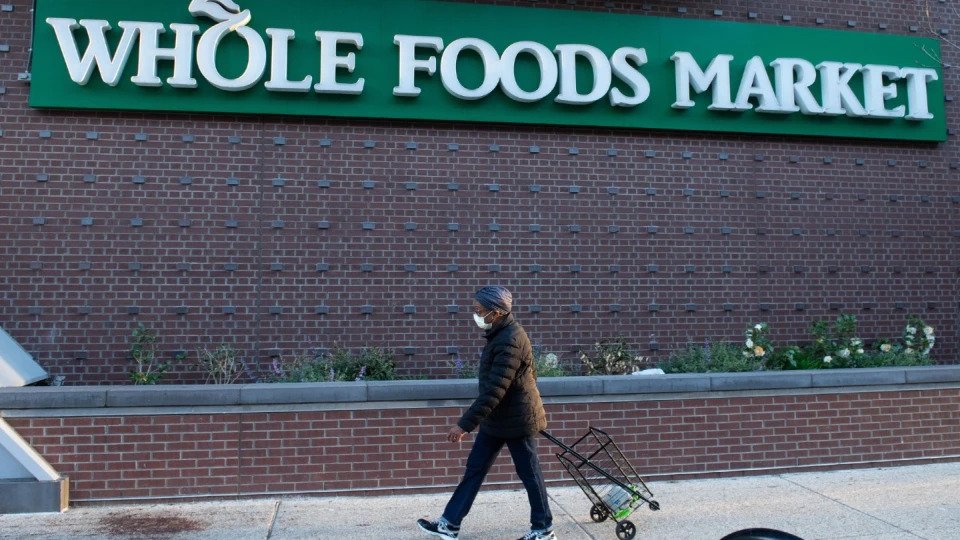Whole Foods lags in reducing plastic pollution, report says
Customers who shop at Whole Foods are getting their groceries with a side order of plastic, a new report has found. After early progress in removing single-use plastic from its stores, Whole Foods’ efforts to move away from the material have lagged, according to a report published on March 2, 2023 morning by the nonprofits PIRG and Environment America. “Whole Foods was a pioneer in the movement to reduce plastic waste and shift toward sustainable packaging,” the authors wrote. “But when it comes to plastics, its environmentally friendly rhetoric is no longer followed through in practice.” The last several years have seen rising concerns over the health impacts of plastic particles in food and the environmental impacts of the growing surge of single-use plastic packaging. Those concerns have particular salience against the backdrop of the East Palestine trainwreck last month that led to the release of a toxic chemical used to make plastic, highlighting the risks posed by the production of the material. The Austin-based grocery chain has built itself into a national brand by cultivating an image as a high-end purveyor of healthy, sustainable foods — and as a perceived refuge from the health and environmental concerns that haunt the American food system.One key element of that push was a bid to rid the store of single-use plastics — a campaign that began with the elimination of single-use plastic bags at checkout and plastic straws at the deli. But in recent years, the company has backslid, according to reports from other environmental nonprofits. In 2020, the advocacy group As You Sow gave the company an ‘F’ for its plastic packaging policies — ranking it below many companies which boast a far less sustainable public image. For example, As You Sow ranked Whole Foods’ single-use plastic policies below those of Walmart, McDonalds, Kroger, Taco Bell and Clorox.

